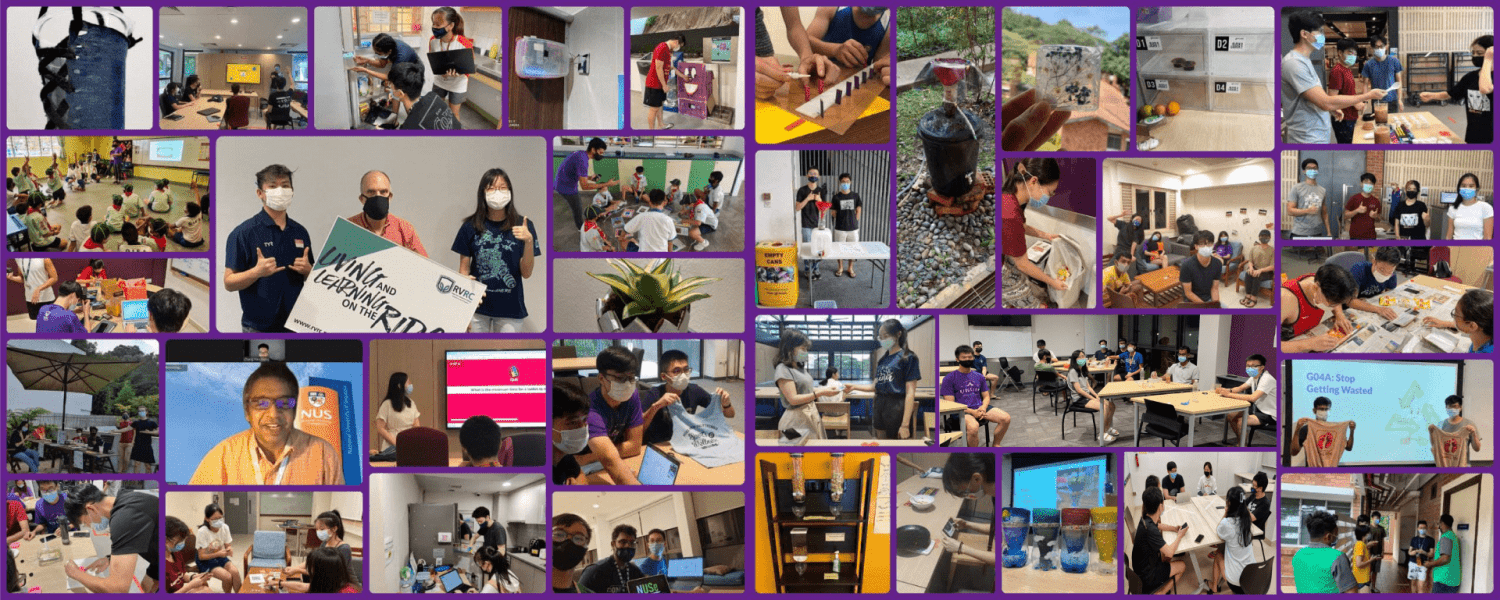Yu Haihong (FOE), Wang Yuda (FOE), Marcella Antania Tan (FOE) & Zhang Yijie (SDE)
Academic Advisor: Dr. Corinne Ong
While environmental problems remain a serious issue, many people do not regularly practise sustainability. One of the reasons might be a lack of knowledge of sustainability. Research has showed board games to be effective in teaching about sustainability, our objective is to develop an educational board game for RVRC student participants, to reinforce their knowledge of sustainability and provide everyday solutions to environmental problems. We adopted the board game ‘Terra’ and conducted 3 gaming sessions. Our methods comprised i) a game session; (ii) a pre-quiz and a post-quiz testing participants’ knowledge of sustainability; and iii) a follow-up survey asking for feedback and lifestyle changes supporting sustainability. Quiz results showed that average pre- to post-quiz scores improved by 21.9%. Also, 88.9% of participants provided positive reviews of the game. 82.4% of participants reported living a more sustainable lifestyle afterward. Hence, the implementation of an educational board game proved effective in reinforcing students’ knowledge of sustainability.
